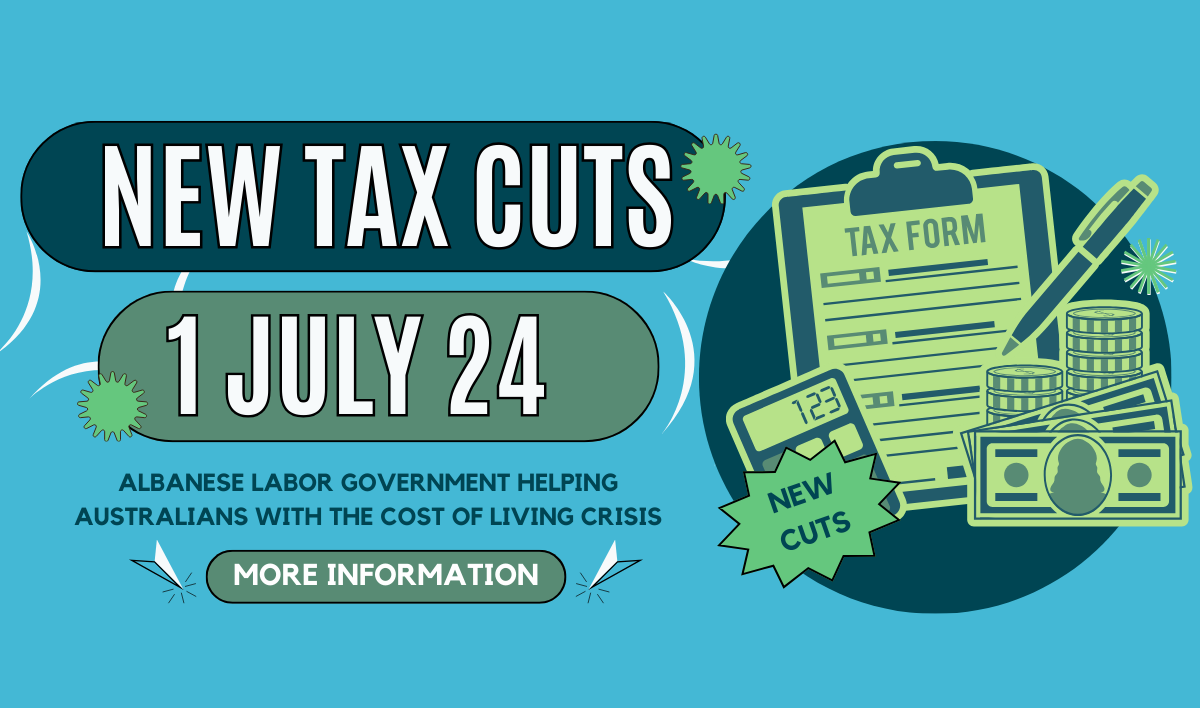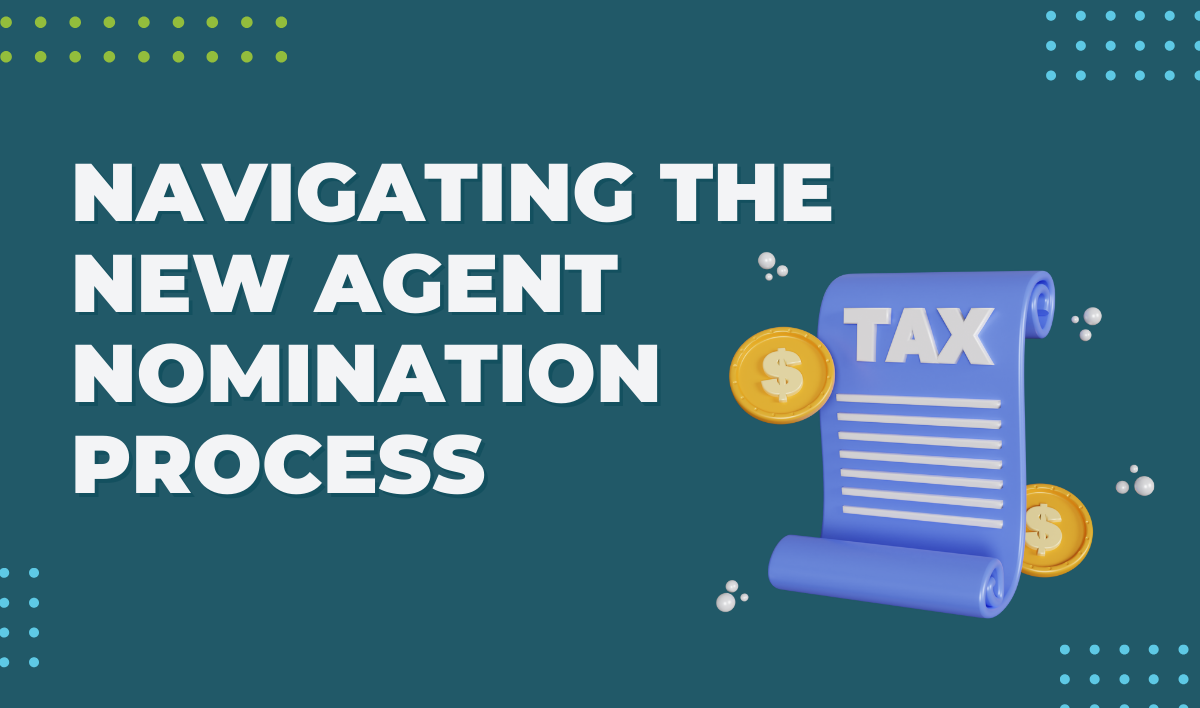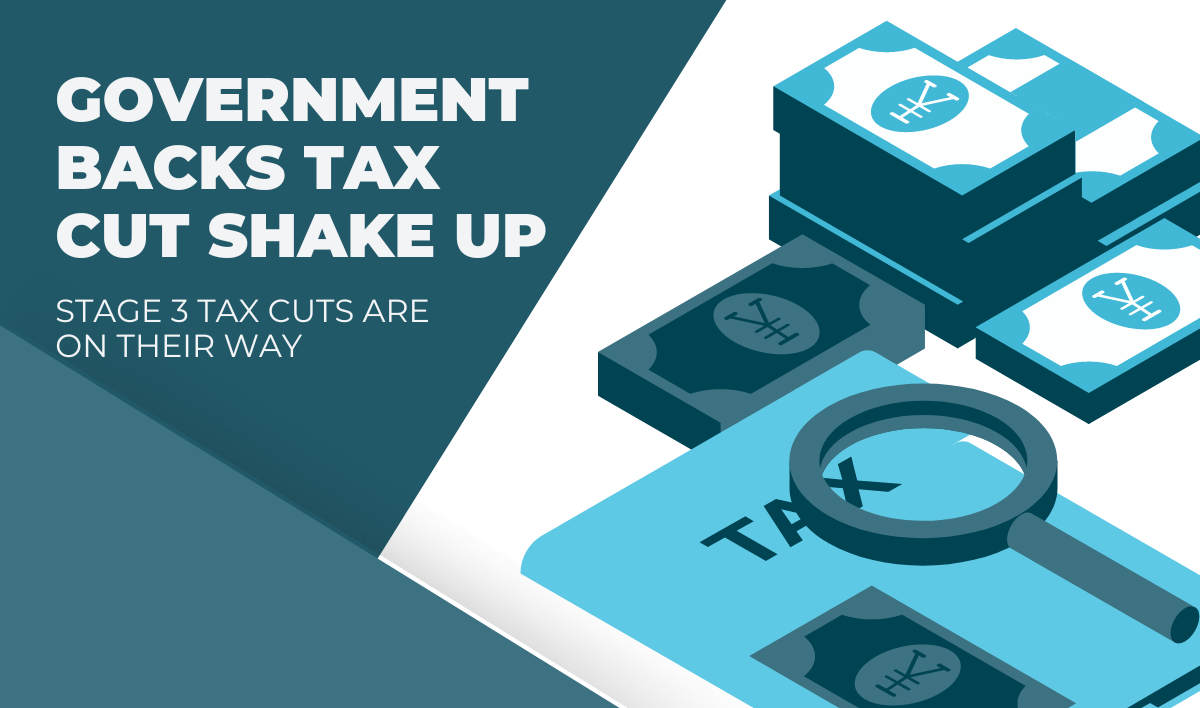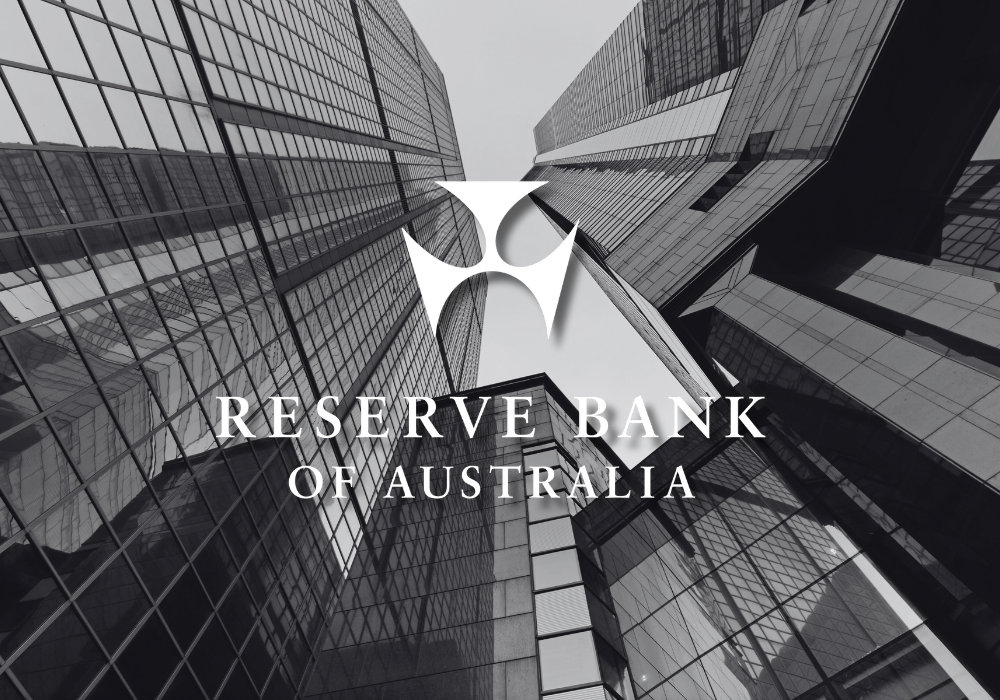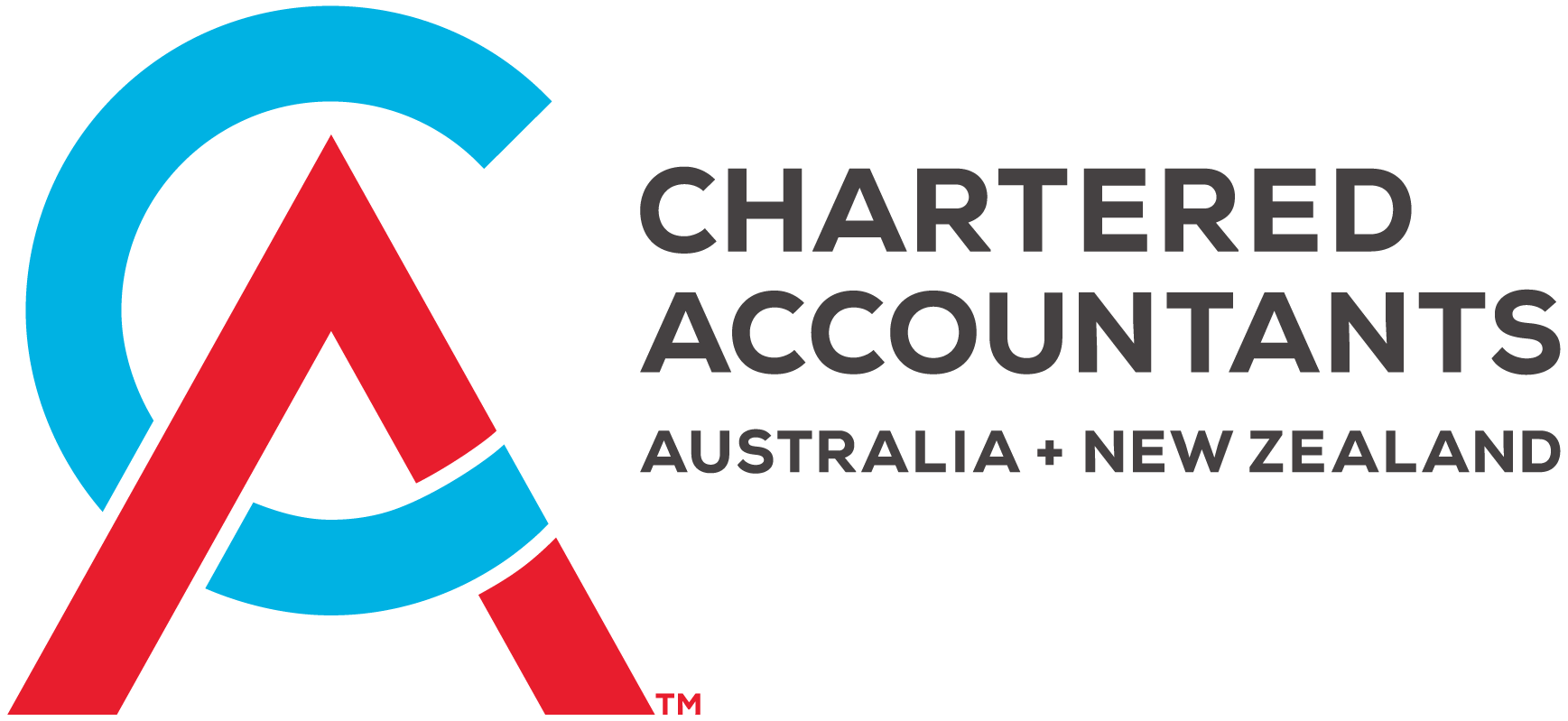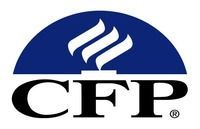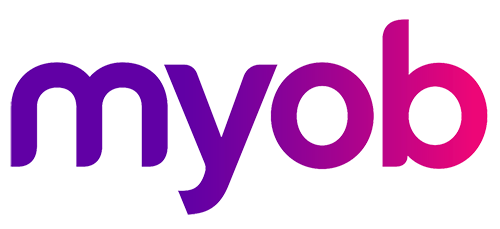June 14, 2024
Starting a business is an exciting journey filled with opportunities and challenges. One of the most crucial aspects of establishing a successful business is ensuring your financial foundations are solid. This is where an accountant comes in. An accountant can provide invaluable advice and support, helping you navigate the complexities of business finance. If you're in the early stages of your entrepreneurial venture, here are five essential questions to ask your accountant to set your business on the path to success. 1. What Business Structure Should I Choose? Choosing the right business structure is one of the first and most critical decisions you will make. The structure you select will impact your taxes, personal liability and regulatory obligations. In Australia, common business structures include sole trader, partnership, company and trust. A sole trader structure is the simplest and cheapest to set up. However, it means you are personally liable for all business debts and obligations. This structure might be suitable for small, low-risk businesses. A partnership involves two or more people who run the business together. This structure can share the burden of responsibilities and liabilities, but each partner is jointly and severally liable for the business's debts. It's crucial to have a clear partnership agreement in place to avoid disputes. A company is a separate legal entity, which means it can incur debts, sue and be sued independently of its owners. This structure offers limited liability protection to its shareholders but involves more regulatory requirements and higher setup costs. A trust involves a trustee holding business assets for the benefit of others (beneficiaries). This structure can offer tax advantages and asset protection but is more complex and expensive to establish and maintain. Your accountant can help you understand the pros and cons of each structure and recommend the one that aligns best with your business goals and circumstances. 2. How Can I Maximise My Tax Deductions? Tax deductions can significantly reduce your taxable income, freeing up more funds for reinvestment in your business. However, navigating the intricacies of tax law can be challenging without professional help. Your accountant can guide you on the types of expenses you can claim as deductions, such as business-related travel, equipment purchases and operating expenses. It's essential to keep thorough records of all business expenses to substantiate your claims. Your accountant can also advise on timing your deductions to maximise benefits. For example, prepaying some expenses before the end of the financial year can bring forward deductions, reducing your taxable income in the current year. Moreover, an accountant can help you take advantage of available tax concessions, such as the instant asset write-off, which allows businesses to immediately deduct the cost of eligible assets. Keeping abreast of changes in tax legislation is crucial, and a good accountant will ensure you don't miss out on any opportunities. 3. What Are My Obligations Regarding GST and BAS? In Australia, businesses with a turnover of $75,000 or more must register for the Goods and Services Tax (GST). Once registered, you need to add 10% GST to your prices and regularly lodge Business Activity Statements (BAS) to report your GST collected and paid. Your accountant can assist with the initial GST registration and ongoing BAS lodgement, ensuring you meet your reporting obligations and avoid penalties. They can also help you understand how GST applies to your business operations, including which transactions are subject to GST and which are exempt. Additionally, your accountant can advise on managing your cash flow to accommodate GST payments, which can be substantial. Proper planning and regular monitoring of your GST obligations can prevent cash flow issues and ensure your business remains compliant. 4. How Should I Manage My Cash Flow? Cash flow is the lifeblood of any business. Even profitable businesses can fail if they run out of cash to pay their bills. Effective cash flow management involves forecasting, monitoring and controlling the inflow and outflow of cash. Your accountant can help you create detailed cash flow forecasts, identifying periods when your business might experience cash shortages and advising on strategies to manage these situations. They can also recommend practices to improve cash flow, such as shortening payment terms for customers, negotiating longer payment terms with suppliers and maintaining a cash reserve for emergencies. Furthermore, an accountant can provide insights into financing options, whether it's securing a business loan, line of credit or other financial products. They can help you weigh the pros and cons of each option and choose the one that best suits your business needs. 5. What Financial Metrics Should I Monitor? Tracking the right financial metrics is crucial for assessing your business's performance and making informed decisions. Your accountant can help you identify key performance indicators (KPIs) relevant to your industry and business model. Common KPIs include: -Gross Profit Margin: Measures the difference between sales and the cost of goods sold, expressed as a percentage of sales. It indicates how efficiently your business is producing or sourcing its products. -Net Profit Margin: The percentage of revenue remaining after all expenses have been deducted from sales. It reflects your business's overall profitability. -Cash Conversion Cycle: The time it takes for your business to convert inventory and other resources into cash from sales. A shorter cycle indicates efficient cash flow management. - Current Ratio: A liquidity ratio that measures your business's ability to meet short-term obligations with its current assets. A ratio above 1 indicates good liquidity. By regularly monitoring these metrics, you can identify trends, spot potential issues early, and make strategic adjustments to improve your business's financial health. Professional Support for Your Business Journey Starting a business is a significant undertaking that requires careful planning and informed decision-making. By asking the right questions and leveraging the services of a qualified accountant, you can build a strong financial foundation for your business. If you're looking for professional accounting services in Forster, Taree or Sydney, TJL Business Advisors & Accountants can provide comprehensive support tailored to your business needs. Contact our business advisors in Forster today to schedule a consultation and take the first step towards securing your business's financial future.


